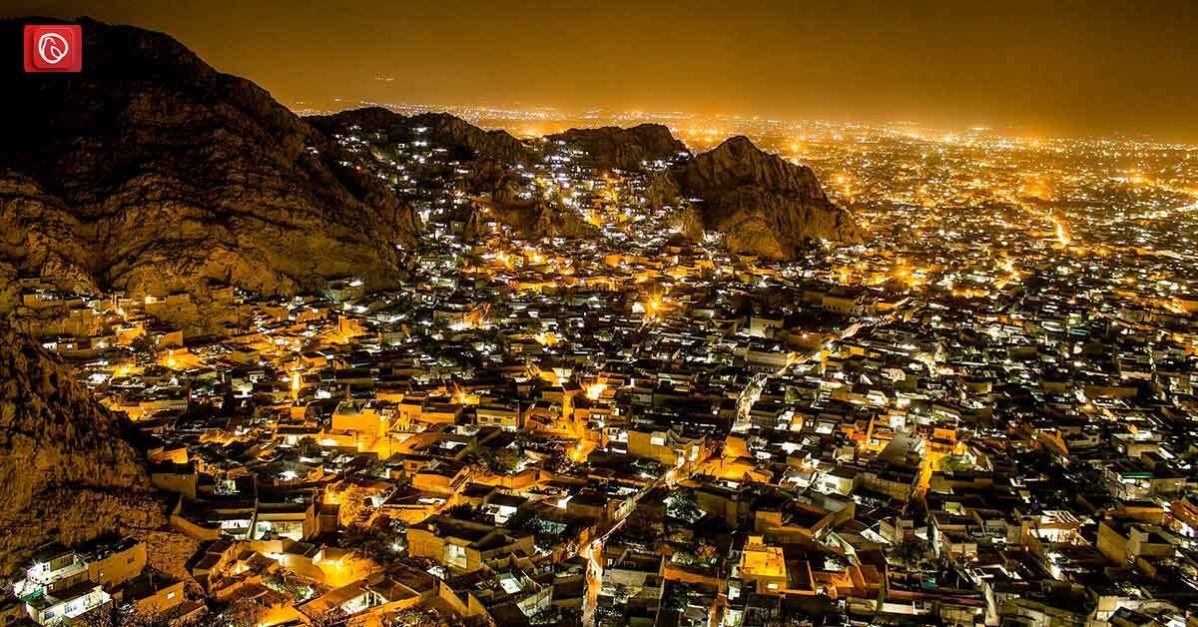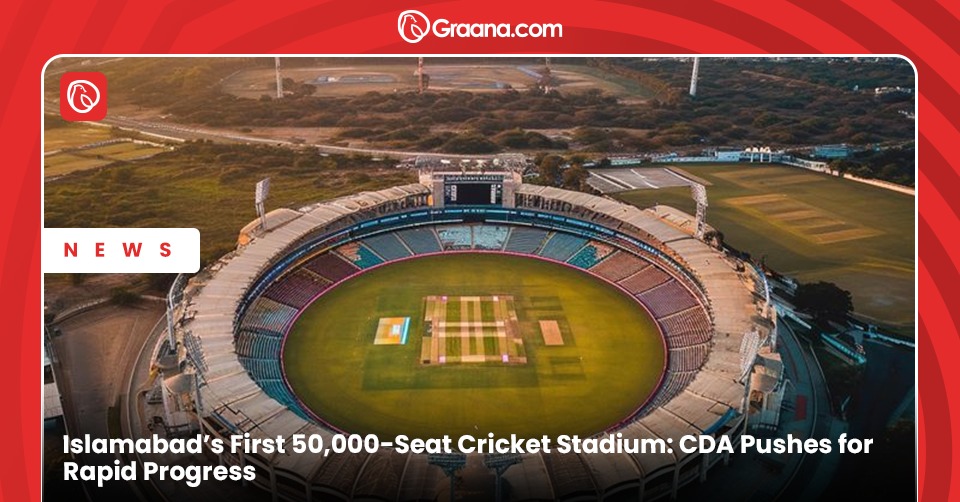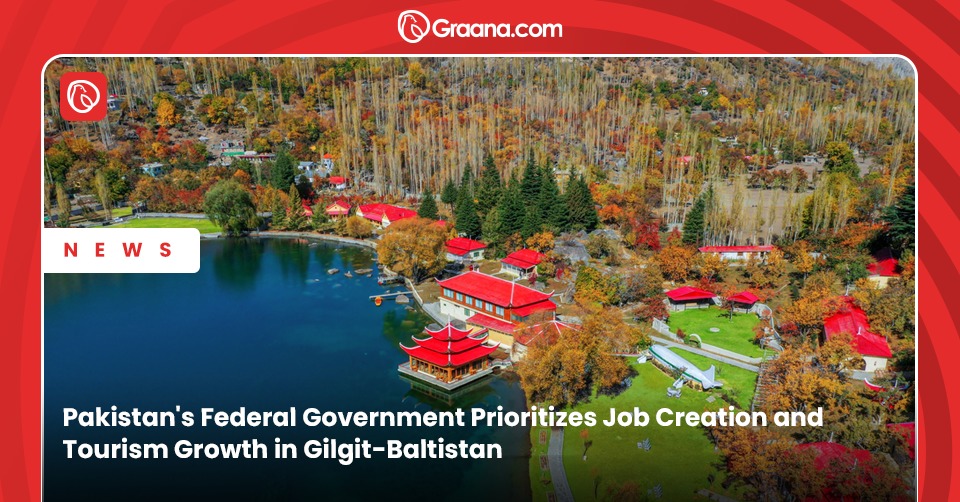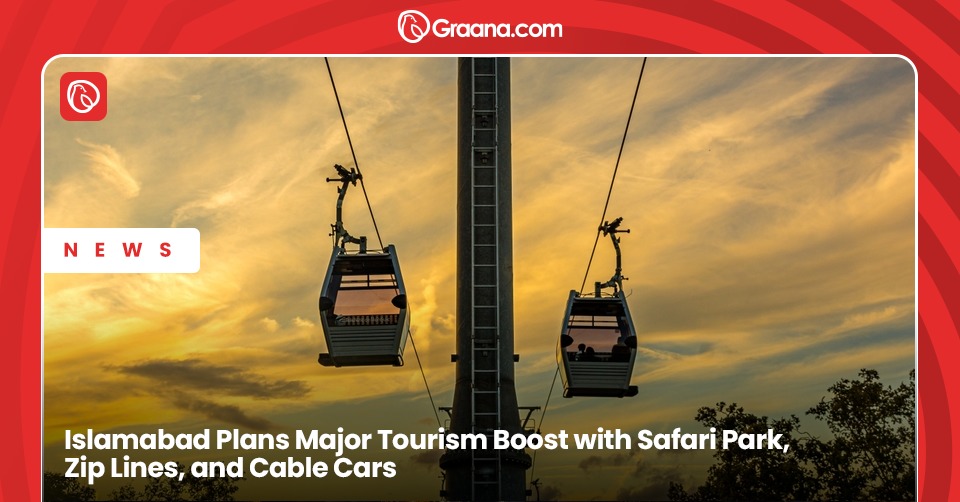Quetta is the capital of Balochistan. It is the largest province of Pakistan. The word Quetta is itself derived from a Pashto word “Kwatta” which means “a fort.” Quetta is indeed a natural fort with hills around all sides. It presents a wonderful view to the visitors, especially during the night time.
In this blog, Graana.com will share some information on places to visit in Quetta. Chiltan, Koh-e-Murdar, and Zarghum are the three large, craggy-mountain that overview the city from three different sides. The city has historical importance due to its closer proximity to Afghanistan and Iran. It has served as a vital trade route in Asia for centuries.
Quetta owes much of its importance to Bolan Pass, which links Pakistan to Afghanistan through Kandhar. Excavations have found that Quetta is a pre-historic city with cultural influence from the neighbouring areas.
Recently, the interest shown by China in Gwadar Port has helped in developing the city as a major tourist city for foreigners, especially from China. The city breeds a wide range of cultures. However, the city is mostly dominated by the Pashtuns. Balochis, Hazaras, Uzbeks, Tajiks, Punjabis, and Urdu-speaking muhajir also cover a large percentage of the population.
Climate of Quetta
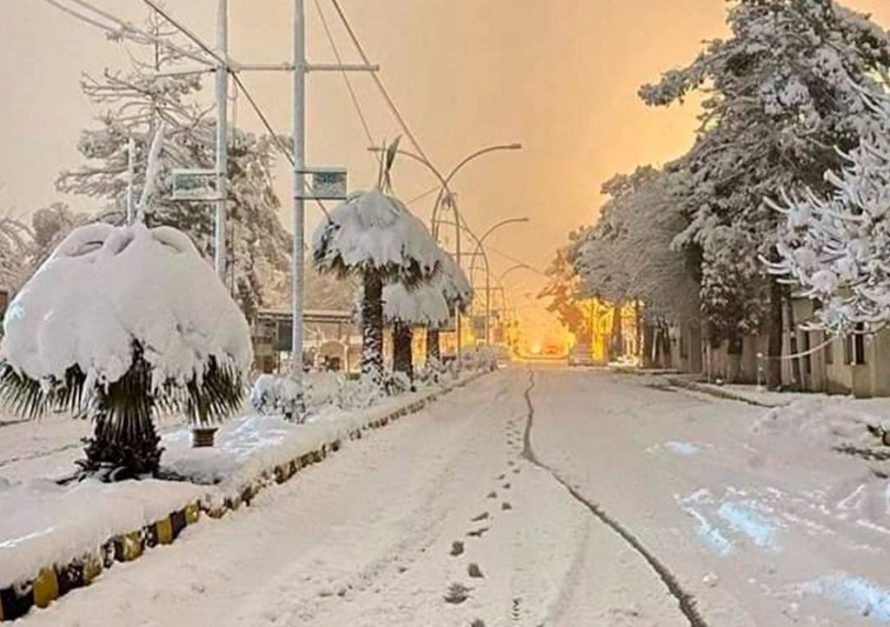
Quetta is one of the major cities of Balochistan. Located 1680 metres above sea level, Quetta enjoys a very healthy climate. During winter, the temperature drops a few degrees below the freezing point. Winters are followed by autumn with leaves turning golden and then wild red.
Due to its moderate climate, Quetta is known as the fruit basket of Pakistan. Peaches, pomegranates, plums, apricots, apples, guavas, unique varieties of melons such as “Sarda” and “Garma”, cherries, pistachios, and almonds are some of the most famous fruits from Quetta. These products are exported to foreign countries and help to generate millions of dollars in exports.
People and Culture of Quetta
Quetta is mainly inhabited by the Pashtuns with Kakar, Ghilzai Tareen, Sherani, Looni, Mandokhel, Achakzai, and Kasi being the major tribes. The people of Quetta are very friendly. They are known around the world for their hospitality and good nature. Tourists are welcomed with open hearts and are treated to the traditional cuisine. The city is the representative of Baloch culture.
How to Travel to Quetta?
Quetta is well-connected to all the cities of Pakistan through the rail and road networks. It also has an airport. Quetta International Airport is located a 15 minutes drive from the centre of the city. Most people can book their tickets through the train network as daily trains are available from most cities. However, most people prefer a road trip to Quetta to see the majestic beauty that surrounds the city.
Best Time to Travel to Quetta
Most people travel to Quetta during the winter to enjoy the snowfall and taste the delicious cuisines of Balochistan. However, a trip from March to November is highly recommended. It will allow you to visit the nearby valleys and enjoy the majestic scenery. The city remains cool during most of the year; however, during summers the temperature can reach up to 30 degrees.
Major Attractions in Quetta
Travelling to Quetta is an amazing experience as the city has lots of attractions. You can also visit the surrounding valleys to experience the majestic beauty of mountains and lakes. The following are some major attractions in Quetta city that you should visit during your trip to the city:
- Quetta Archaeological Museum
- Geological Museum
- Hanna Lake
- Marriabad
- Urak Valley
- Hazarganji Chiltan National Park
- Pir Ghaib
- Kharkhassa
- Askari Park
- Liaqat Park
- Balochistan Arts Council Library
- Chiltan Hill Viewpoint
Quetta Archaeological Museum
Displaying the artefacts from excavations of the old city, Quetta Archaeological Museum is a place filled with many wonders. The museum has a collection of rare guns, manuscripts, swords, stone age tools, prehistoric pottery, and old coins. Articles found from Mehrgarh are also a part of the museum display centre.
Geological Museum
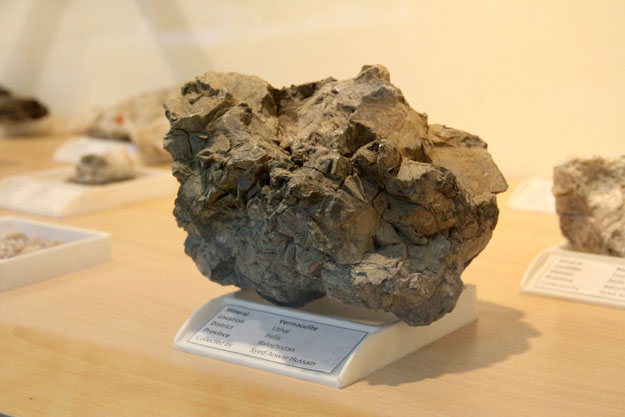
Located on the Sariab Road, the Geological Museum of Quetta has a collection of rocks and fossils found in different parts of Balochistan. It also has artefacts of the British era.
Hanna Lake
Hanna Lake is one of the top tourist destinations in Quetta city. Every year thousands of tourists turn up on this lake to enjoy its serene environment.
Hanna Lake is tucked away in the mountains near Urak Valley but is only 17 kilometres from the city’s centre and is easily accessible. The lake, which is over a century old and was constructed by the British in 1904, covers an area of 818 acres. It has a storage capacity of more than 220 million gallons of water and is 49 feet deep.
The lake was originally developed to meet the challenges of water shortage in the area by recharging and conserving the Karezes (traditional irrigation system) through different springs located in the area. The lake also provided water for different crops in the nearby areas.
Until a few years the past, the lake had dried completely due to drought and no rains in the area. However, rains in recent times have revived the beauty of Hanna Lake. Currently, locals and foreign tourists visit the lake for fishing and different fun activities.
To properly enjoy the lake’s turquoise water, which offers a striking contrast to the sandy-brown hills in the background, you may also take a boat trip.
Locals think that tourism is revitalising the region now that the lake has been restored. Small businesses like restaurants and shops have also popped up to accommodate the increasing number of tourists. In the past, water sports including rafting, kayaking, canoeing, rowing, and boating used to be a common occurrence in Quetta until the late 1980s.
Marriabad
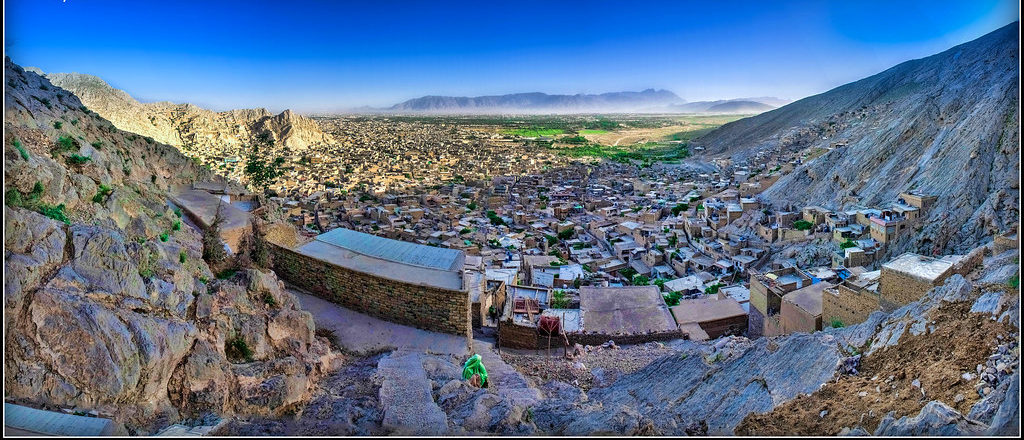
Marriabad is the eastern suburb of Quetta city and is home to Quetta’s Hazara Community. Strolling through the Marriabad’s mountainside, you can feel the beauty and magnificence of the sight. This place seems to have a voice of its own due to its beautiful surroundings. The place has modest and intricate streets, which describe the story of traditions and culture.
Hazarganji Chiltan National Park
The word “Hazarganji” is a Balochi word, which means “thousands of treasures”. There is a legend behind this specific name which says that thousands of treasures are buried the beneath the mountains of this area. The area has been a passage for the great armies of Mongols, Scythians, and Bactrians during the old times.
In recent years, the area has been developed as Hazarganji National Park and acts as a refuge for endangered animals such as Markhor. It spreads over an area of 38,347 acres and is located at an altitude of 2000-3000 metres. A small museum is also present at the main entrance of the park to guide the tourists about history. The place is a wonderful destination for nature lovers and those who want to see wild animals.
Quetta’s Hilltops
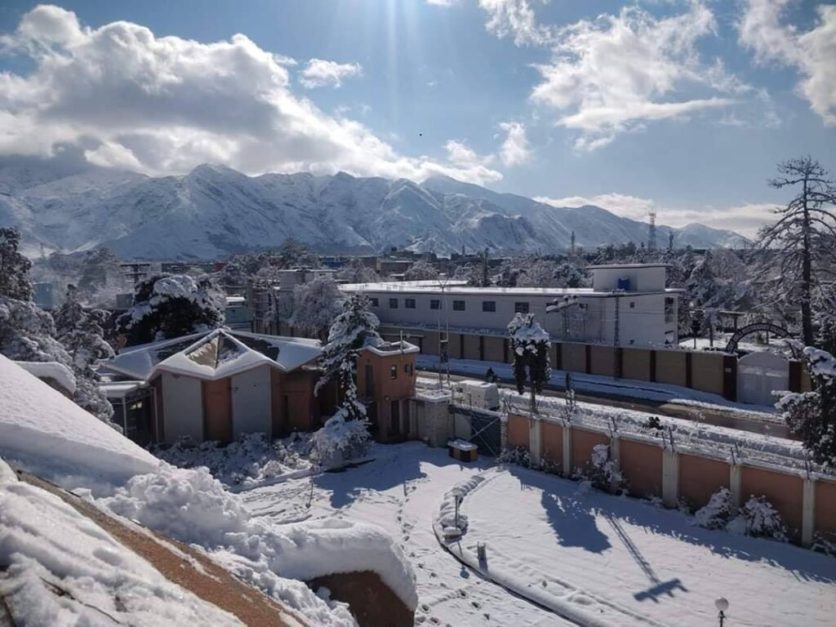
After a half-hour drive to the hills around Quetta city, you can get the majestic views of the city. You can witness the glowing pink sunset with kites flying all around and the sun going down. Marriabad’s glistering city lights are treated to watch during twilight. It is like witnessing the last chapter of light at the junction of sky and earth.
Kharkhassa
It is a recreational park located at a distance of 10 kilometres from the main city. Kharkassa is a 16-km long valley which is home to a variety of flora like Artemisia, Sophora, and Ephedra. Moreover, tourists can see birds like partridges and birds migrating from different regions. Forest Department provides the facilities to different visitors at Kharkhassa.
Pishen Valley
Pishin Valley is located about 50 kilometres away from the main Quetta city. The area is home to fruit orchards and a lake named Bund Khushdil Khan. It is a man-made lake, which hosts a variety of wildlife. The region is well-known for its horse riding clubs and different festivals.
Ziarat
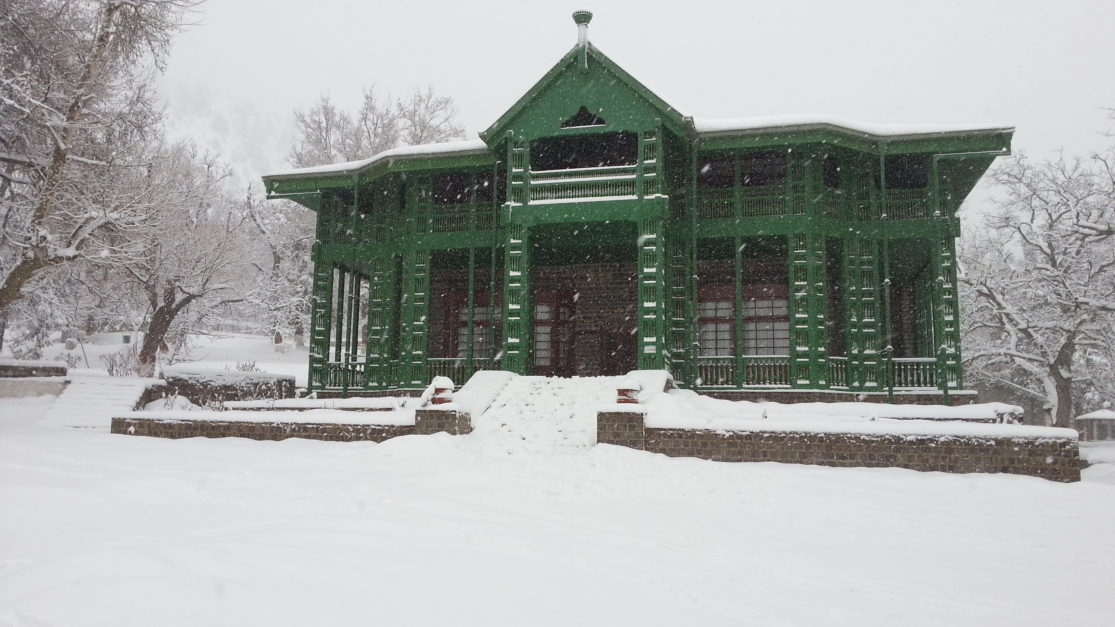
Ziarat is a major tourist spot in Balochistan. It is a hilltop and is famous for the residence of Quaid-e-Azam where he spent the last few months of his life. Known as Ziarat Residency, the place was built in 1892 during British Rule. The place has several green lawns, gardens, and orchards coupled with majestic views of the mountains.
The area is also famous for its old trees, which are thought to be almost 1000 years old. The area is also famous for fruit production. Almonds, cherries, apples, and walnuts are some of the most famous fruits produced in the area. Every year, these fruits are exported to foreign nations and help in bringing millions of dollars.
Balochi Foods to Try in Quetta
Balochistan is known across the world for its traditional dishes. These dishes are famous for their taste and every year thousands of tourists travel to Quetta and other parts of Balochistan to taste these cultural dishes. Balochi people are mainly fond of meat, so most of the dishes are cooked using beef, lamb, or goat meat. A primitive and traditional way of cooking meat is still followed across the areas of Balochistan.
The following are 5 cultural dishes of Balochistan that you must try during your visit to Quetta:
- Kaak
- Balochi Sajji
- Khaddi Kabab
- Landhi
- Kruthghwadi
Let’s discuss these foods in detail:
Kaak
Kaak is the Balochi bread, which is also known as “stone bread” mainly because it is cooked on stones. Lumps of wheat are swaddled around a stone or rock. These rocks are kept in a circle with a fire in the middle. Once it is cooked, Balochis eat it with Dampukht or Balochi Sajji. Trying Kaak with other Balochi dishes can be a great experience.
Balochi Sajji
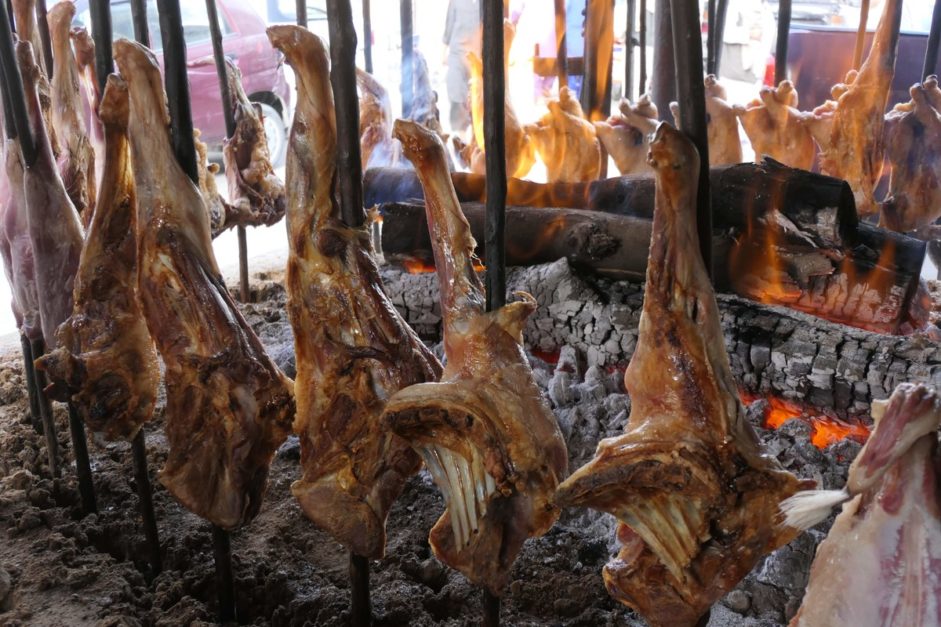
Sajji is known across Pakistan as one of the most delicious food. It is usually prepared using lamb or goat meat. It is filled with rice and is usually cooked inside a fire hole. Spices like black pepper, salt, lemon juice, fennel seed, red chilli powder, ajwain (Trachelospermum Ammi), cumin seeds, etc. are used to marinate the meat. Trying a Balochi Sajji can be a heavenly experience.
Khaddi Kabab
Khaddi Kabab is probably the most famous Balochi dish. It is barbecued lamb or goat, which is barbecued in an underground pit made of mud. The lamb or goat is usually cooked for 6-7 hours. Once it is ready, you can taste the ultimate Balochi cuisine.
Landhi
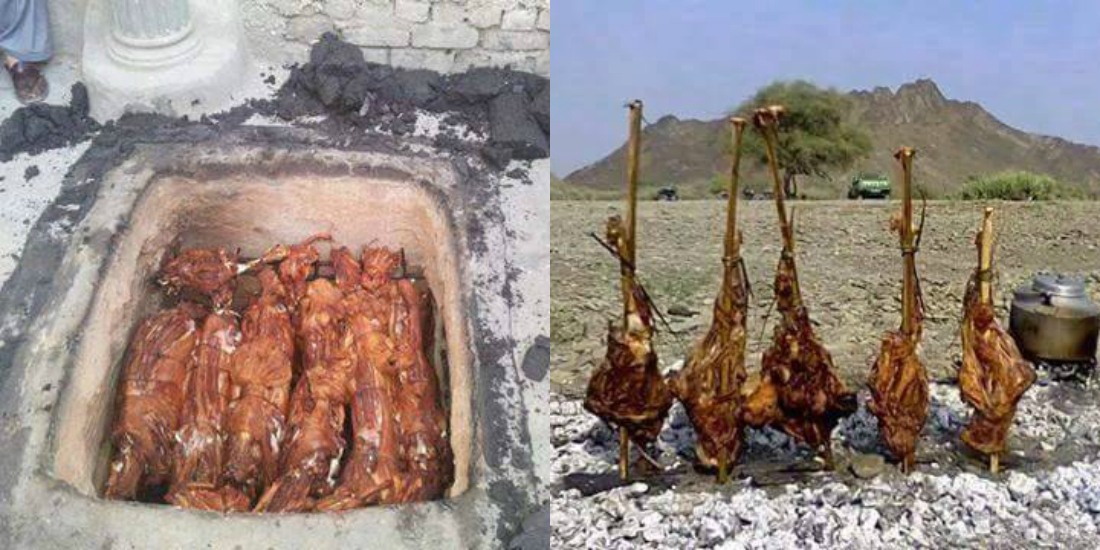
Landhi is the “food of winter” and is usually cooked in areas with harsh winters. It is dried meat, which is dried in the sunset for almost 6 months. The meat is washed off with salt and then it is hung on polls. You can find it in traditional houses.
Kruthghwadi
Prepared from goat, sheep, or camel milk, it is a traditional dish of winter. Fermented milk is dried for some time. Once the fermented milk becomes hard, it is used as food for winter. If you are visiting Quetta, must ask your friends to treat you with Kruthghwadi.
Planning a trip way ahead of your trip to Quetta can help you enjoy your trip to its fullest. Get help from this blog and enjoy the beauty of Quetta city and other areas of Balochistan during your trip.
For more information, visit the Graana Blog.
